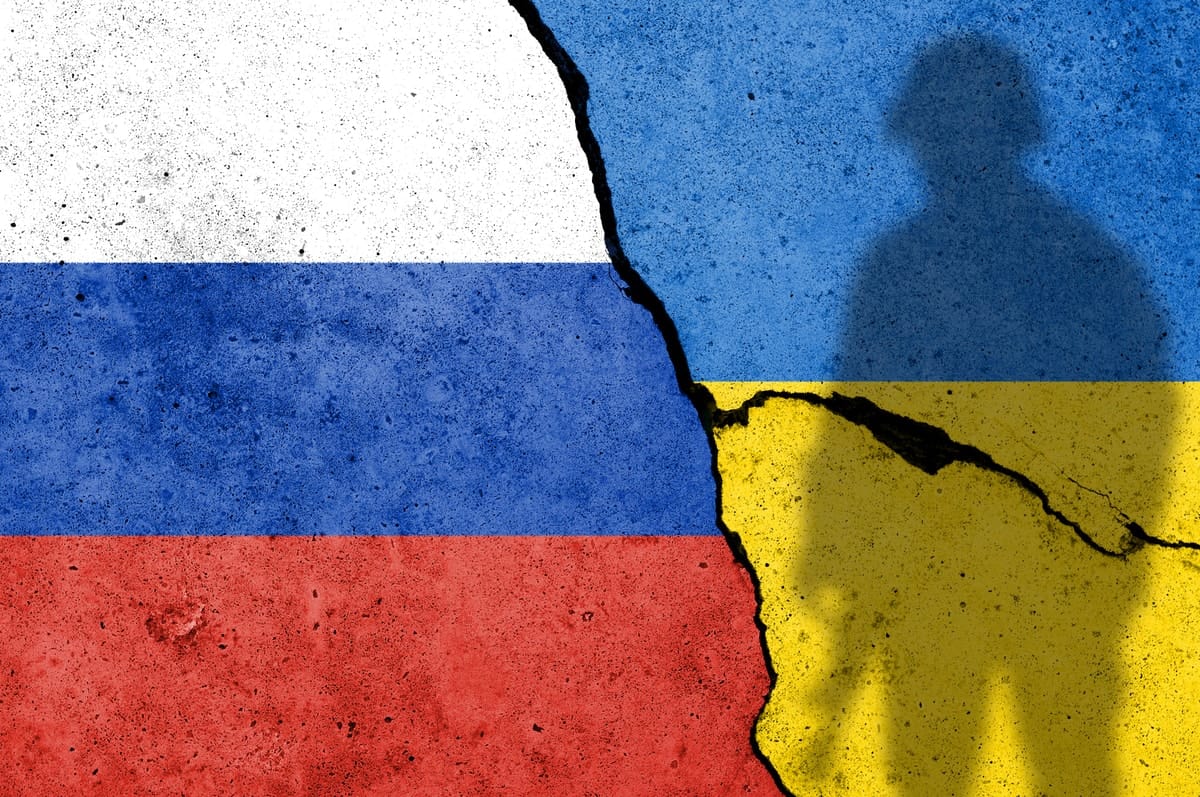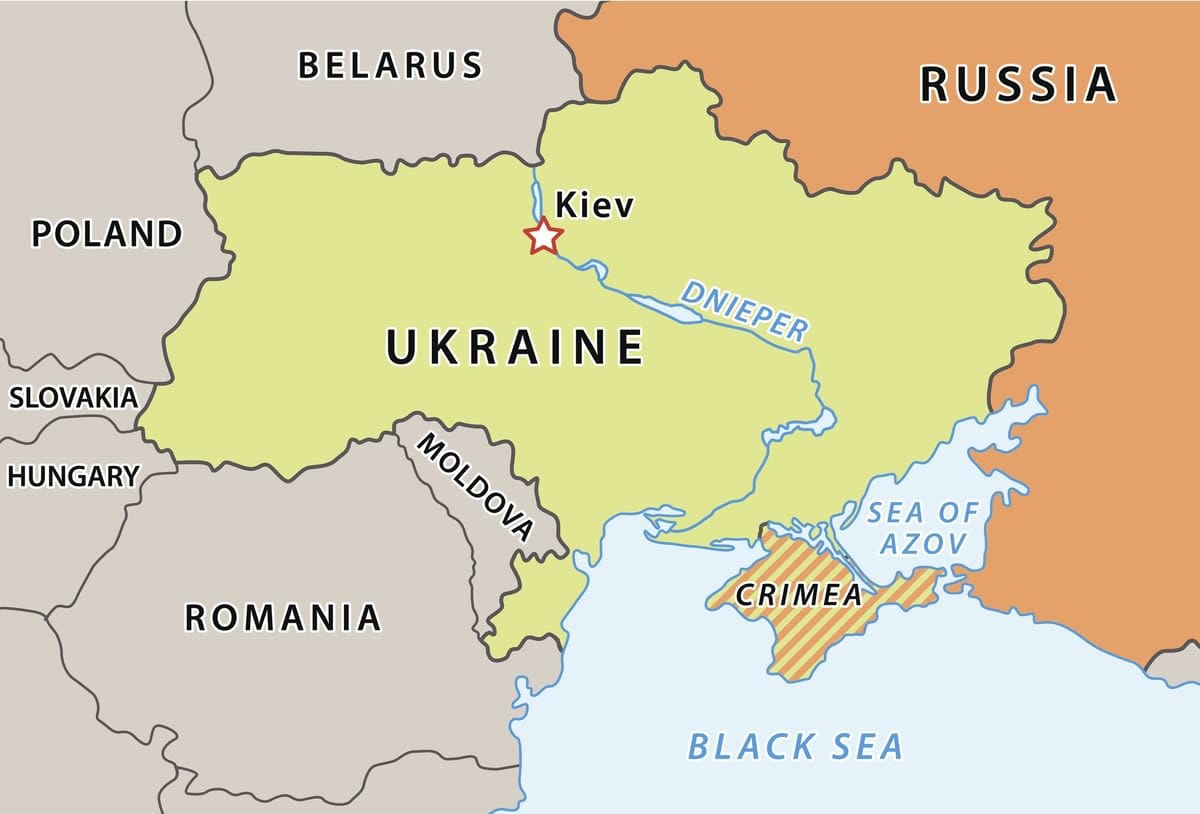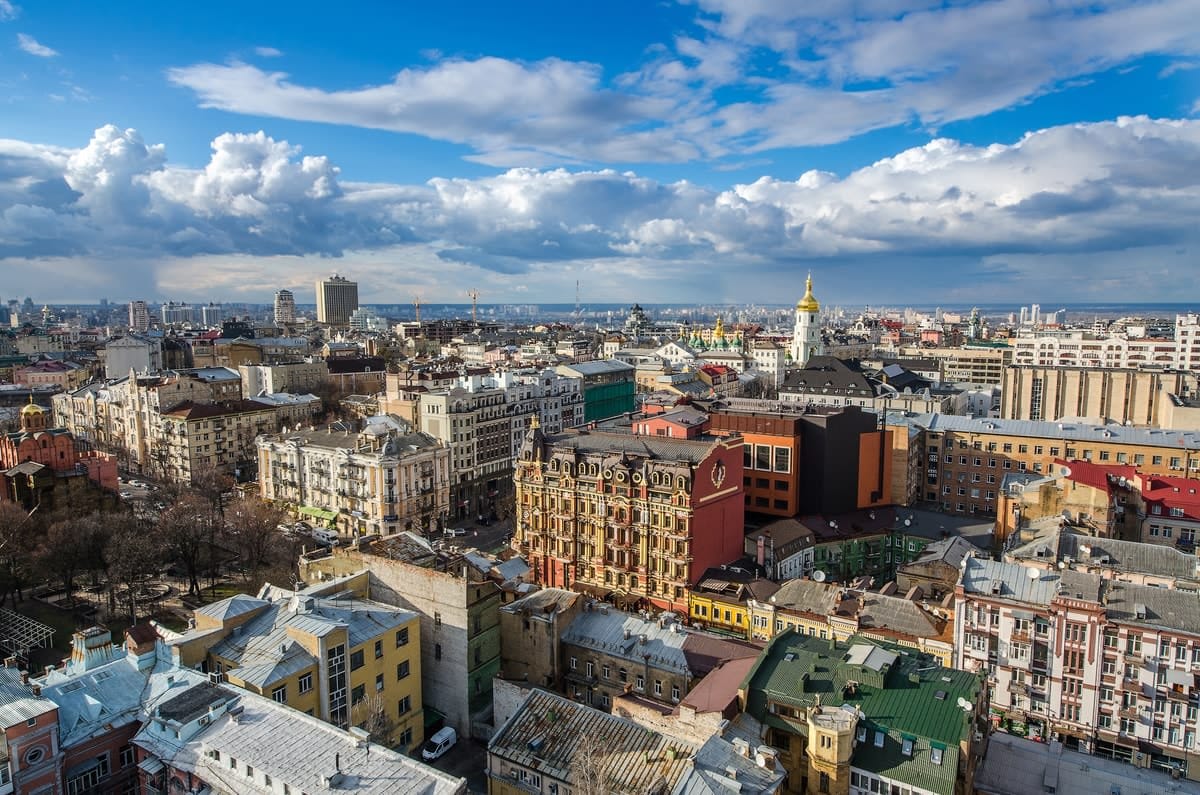
The news cycle makes a full-scale invasion of Ukraine by Russia seem more likely by the day.
Russia has concentrated more than 100,000 troops to Ukraine’s north, east, and south. Russian troops are exercising with the Belarusian army in Belarus, and the Belarusian border is a scant 100km north of Kyiv.
The Russian Federation demanded that the US and NATO sign, without modification, texts of treaties containing provisions that are unacceptable to them – as Russia surely knows.
One such provision would have NATO promise to never accept Ukraine as a member. NATO has no plans, and no immediate wish, to include Ukraine, but it cannot allow any third party to determine who shall and who shall not be admitted.
Another demand that could not be acceded to without scuttling NATO’s credibility as a defensive alliance is that no NATO forces or weapons be deployed in any states that joined NATO after 1997.
The states that joined after that date are, in the main, the former “satellite states” of the USSR in Central and Eastern Europe. After World War II their sovereignty had been abrogated by the USSR, and today they’re concerned that Russia has similar ambitions in the region.
Russia is ready to initiate military aggression against Ukraine. It could interpret NATO and US refusal to agree to its demands as an imminent threat to its security and as a justification for pre-emptive action against Ukraine.

Is an invasion a foregone conclusion?
Does this mean an invasion is inevitable? By no means. We don’t know what decisions have been taken by the Russian Federation leadership, nor how Russia is calculating the benefits and costs of an incursion.
For that reason, it’s essential Ukraine’s friends in the West make it clear that the costs will be prohibitive. The promise and provision of defensive military hardware by the UK, and of US-made defence systems held by NATO members Lithuania, Latvia and Estonia, late though it is, is a deterrent that Kremlin strategists will have to factor in.
Further offers of assistance – diplomatic, economic and military – will also affect Russia’s calculations.
Read more: Ukraine v Russia: what next after the Kerch Strait aggression?
Such support has symbolic as well as practical significance. Australia’s promise of help with Ukraine’s cyber defence will be welcome in Ukraine because of the reality of the threat to Ukraine’s infrastructure and communications (Ukraine’s government websites and parts of its energy grid have been hacked).
But it will be appreciated even more because of the message of solidarity that it sends. Ukraine’s government and people need to be reassured that like-minded democratic countries are prepared to support them; Ukraine needs to know that it will be helped to defend itself.
Russia, on the other hand, needs to be made aware that the West’s plans for intensified sanctions are ready for immediate implementation in the event of any further incursion into Ukraine.
All sanctions should be considered
No forms of sanctions should be taken off the table. In particular, the Nord Stream 2 pipeline, which was designed to deliver Russian gas to Germany without crossing the territory of any Central and East European country, should not become operational, and the Russian Federation should be given certainty that any incursion into Ukraine will result in the project’s permanent cancellation.
While it’s regrettable that Europe, and Germany in particular, has allowed itself to become dependent on Russian gas, it should be made clear to the Russian Federation that Europe will decouple itself from Russian energy sources unless Russia participates in the international system according to international law.
Russian planners in their strategising will have taken many factors into account. They know any Russian invasion will meet determined opposition from the Ukrainian armed forces, now far better-equipped, motivated and experienced than in 2014, when in the unstable situation following the Euromaidan revolution and the overthrow of the pro-Russian Yanukovych regime Russia occupied Crimea without resistance, and commenced the war in Ukraine’s east that continues to this day.
They’ll also be aware that any attempt at occupation will ignite a fierce insurgency, whose cost in Russian lives will be considerable.
To that cost must be added every penalty that the West will impose in the event that an incursion goes ahead.

What does Russia hope to gain?
In the face of Russia’s rhetorical denials that it harbours hostile intentions, one can only conjecture what benefits Russia hopes to harvest from an attempt to subjugate Ukraine militarily. The elimination of the living proof that democracy can flourish in the post-Soviet space; the creation by force of the mythical “unity” of Ukraine and Russia that is dear to the imagination of Russia’s President, Vladimir Putin; the demonstration of the weakness and division of the West and the powerlessness of NATO to provide security in Europe – these are among the objects Russia would hope to gain as the result of a successful war on Ukraine.
It’s up to the West to show that the endeavour will be so costly in the short, intermediate and long term that it should not be attempted in the first place. To do that effectively, the West needs to show determination, unity, and a serious commitment to uphold international legal norms and to defend democracy against authoritarian and neo-imperial designs.





